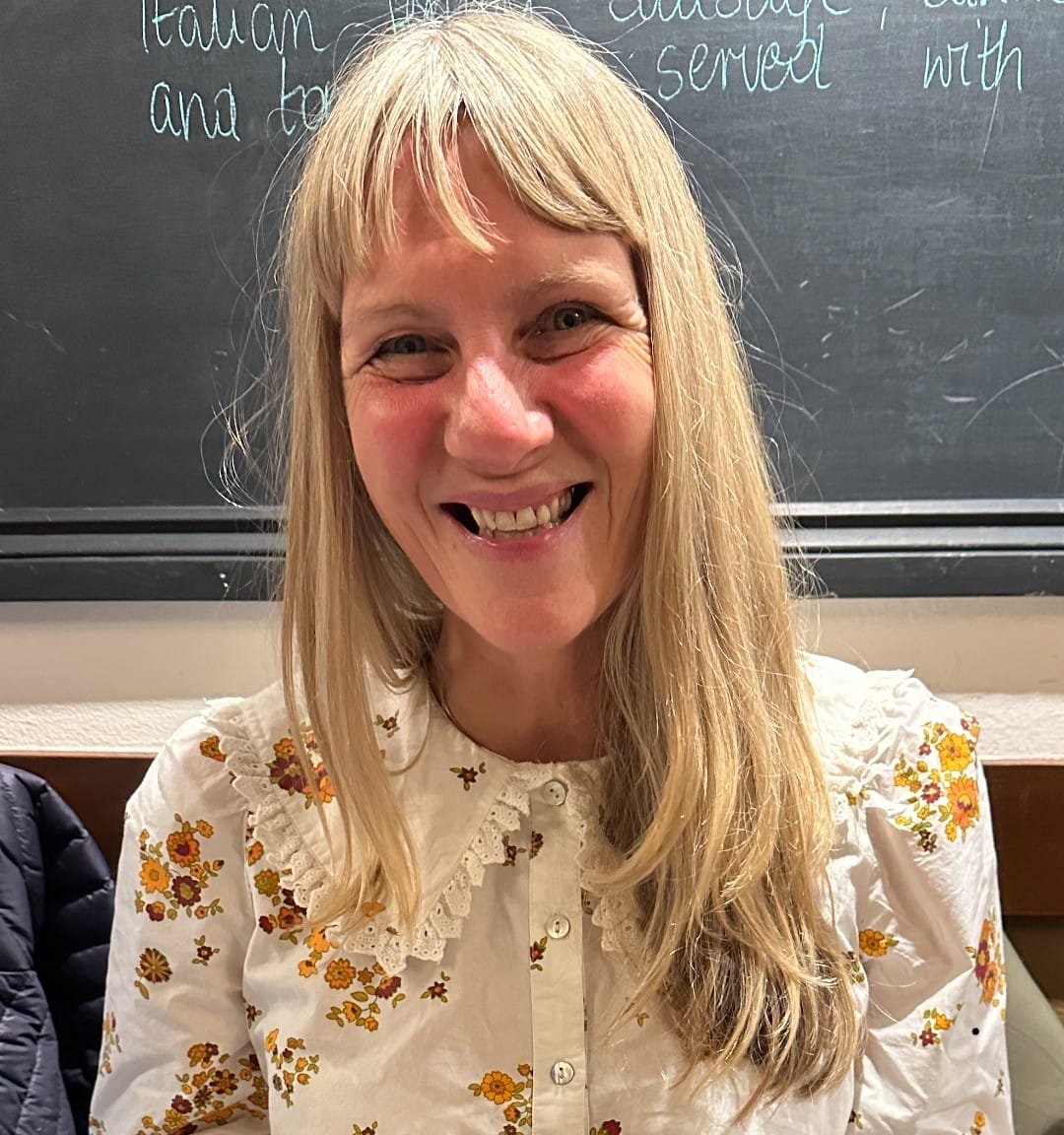In conversation: Emma Highfield, Associate Tutor, Trauma Informed Practice
Emma is an Associate Tutor on the RRN’s Diploma in Practice Leadership in Trauma Informed Practice.
Here, she reflects on the value of trauma informed practice and her role as a tutor.
Please could you give us a brief summary of your background and expertise.
“I am a mental health nurse, narrative therapist and coach. My professional career spans over 30 years in the NHS in a variety of settings. I have had the opportunity to work with many people using services, their families and communities. I have had a long-term commitment to understanding distress as a response to trauma; working collaboratively with experts by experience and trying to amplify the voices of marginalised people. My most recent roles have been in working to improve quality, develop trauma informed approaches in systems and reduce restrictive practices. I am currently part of a national team working to end the use of long-term segregation for people who are autistic or have a learning disability.”
Why is trauma informed working important?
“Trauma informed working shifts perspective from seeing the person as the problem. Instead, the narrative is flipped to help understand behaviour as a response to what’s happened or happening to a person. Hence, separating the perceived problem from the person. This way of thinking, that everything is relational or contextual, frees the person, team and system up from fixed and pathologizing ideas.
Trauma informed processes are inclusive, creative and empowering, giving people a sense of agency with lots of possibilities.”
What does being a tutor on the course involve?
“I work with a small cohort of students; my main hope is to make sure that they feel supported and have a regular safe space to come together to reflect on and grow the ideas they’re learning from online modules.
My role as tutor is to help the learner navigate the learning material, help them to balance their study with work commitments, be supportive and responsive and help them to get the most out of their learning experience. Building confidence in the students and helping them to get the best they can out of the course.”
How often do you meet with tutees in your group?
“We meet as a group once a month, with email contact as and when needed. Our tutor group meetings offer a chance to share experiences and facilitate ideas and discussions. We collectively reflect on trauma informed practice and approaches.
The meetings are just as important as all other elements of the course; complementing the students’ reading and reflection and assignments with shared learning and peer support.”
What is your favourite thing about tutoring on the programme?
“I really enjoy seeing people connecting their current practice with what we understand as trauma informed ideas, and seeing these ideas come alive in people’s practice. I love seeing learners becoming clear Practice Leaders in this way.”
Are there any other comments you would like to share?
“If you don’t think that this course is for you, if you don’t think that you can do it, get in touch and talk to one of the tutors or a learner in the current cohort to find out more!
This programme is an opportunity to be part of a culture change in services. It’s not a highly academic course and not important whether you’ve studied recently or not. It’s all about values, culture change and passion to work alongside people in their distress in compassionate, person centred ways.”
Find out more about the Diploma in Practice Leadership in Trauma Informed Practice here.
